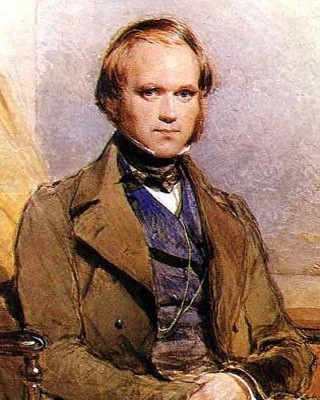
Born on February 12, 1809 in Shrewsbury, England, Charles Robert Darwin (1809-1882) grew up in a wealthy family. His father, a renowned physician, wanted him to pursue the same career. After abandoning medical studies in Edinburgh, he turned to theology at Cambridge. It was there that he developed his passion for natural history under the influence of botanist John Stevens Henslow (1796-1861).
At the age of 22, Darwin embarked as a naturalist aboard the HMS Beagle for a nearly five-year journey around the world.
These observations laid the foundation for his future theory of evolution.
After 20 years of research and reflection, Darwin published "On the Origin of Species" in 1859. He presented two revolutionary ideas:
The concept of "descent with modification" explains the diversity of life without resorting to divine creation.
Darwin also made his mark on science through:
His work on earthworms (1881) demonstrated their crucial role in soil formation.
Darwin's impact extends far beyond biology:
His work inspired thinkers like Thomas Henry Huxley (1825-1895), nicknamed "Darwin's Bulldog" for his fierce defense of evolutionary theory.
| Work/Discovery | Date | Field | Scientific Impact |
|---|---|---|---|
| Beagle Voyage | 1831-1836 | Naturalism | Empirical foundation of the theory of evolution |
| On the Origin of Species | 1859 | Evolutionary Biology | Major scientific revolution, basis of modern biology |
| The Descent of Man | 1871 | Anthropology | Application of evolution to the human species |
| The Power of Movement in Plants | 1880 | Botany | Discovery of phototropism and geotropism |
| The Formation of Vegetable Mould | 1881 | Ecology | Understanding the role of earthworms in ecosystems |